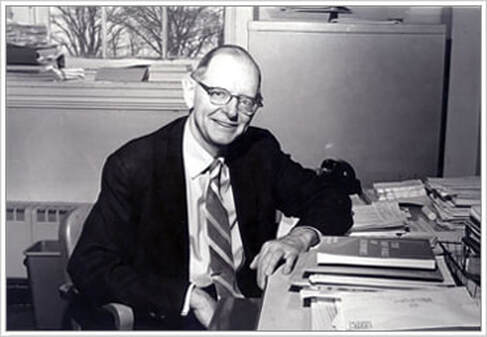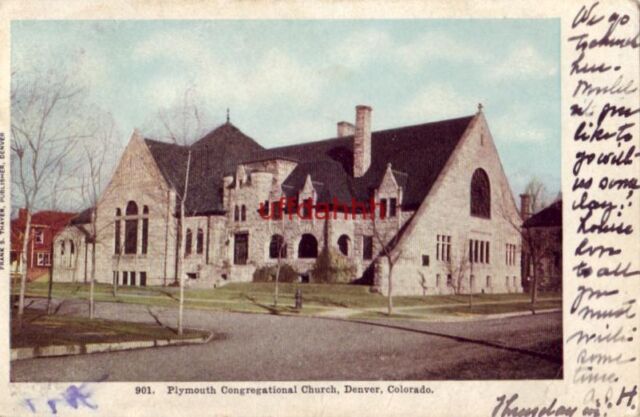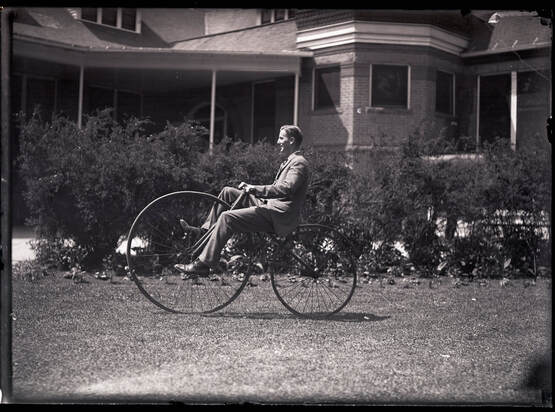He could have gone on and on, given his status. Instead, he vacated his position and served as a volunteer to counsel students on future job prospects into his early 70s. His primary reason for making the retirement move was opening the chairmanship to the next generation of professorial talent, almost all of whom he had recruited to Swarthmore over the years.
My father was diagnosed with an Alzheimers variant at age 75 (my age now). That means he and Rita had 8 good years free of grinding daily workday responsibilities, before bit by bit he began to lose his mind. My plan was to retire at 67 the same way dad did. The reasons are pretty obvious, I guess.
0 Comments
The irony of sitting in a Congregational/UCC church memorializing the life of a labor leader Don Shelton wasn't lost on me. My grandfather, Silas Gilbert Pierson, was a long term member of a Congregational congregation--Plymouth--in Denver who embraced Rockefeller's vituperative enmity for labor organizing in his company. So I doubt any labor leaders of his era were fondly remembered in his church after their passing. Of course, I can't be sure, but I'd bet a bundle on it.
My uncle Orrin was an amazing character. He died a few years before my brother John and I were born, but he lived on in stories told about him and letters written by him. And he wrote a regular column for the local newspaper that his co-workers turned into a book published posthumously. I know for sure we'd have hit it off, which makes his untimely passing from polio (before the Salk vaccine was widely available) painful all these many decades later. It's almost spooky how a deceased relative - never met in person - can exercise an outsized impact on a life - mine.
|



 RSS Feed
RSS Feed